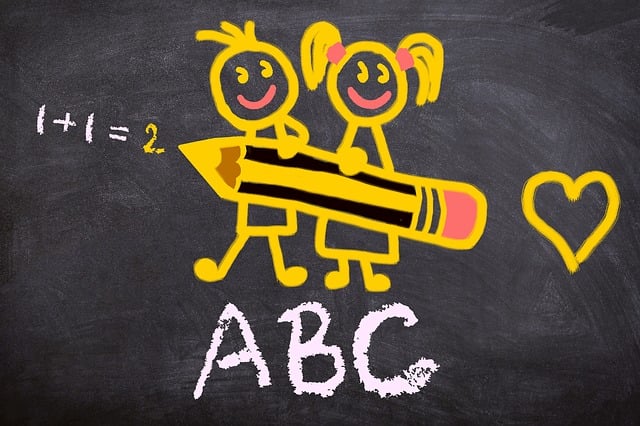Survivors of Agape Boarding School abuse experience lasting mental health impacts, including betrayal, shame, isolation, and fear. Specialized support networks, such as therapy, community centers, and online platforms, offer tailored care and empowerment. Understanding legal rights is crucial for healing and justice, with evidence gathering and consultation from specialized attorneys enabling compensation claims and accountability.
Many survivors of Agape Boarding School abuse bear the lasting impact of misconduct, seeking resources for healing and justice. This article guides you through the process, offering insights into understanding the trauma inflicted by Agape Boarding School abuse, locating critical support networks, and exploring legal avenues to reclaim your rights. By leveraging these resources, survivors can take steps towards healing and hold accountable those responsible for their suffering.
- Understanding the Impact of Agape Boarding School Abuse
- Locating and Leveraging Support Resources
- Taking Legal Action: Your Rights and Options
Understanding the Impact of Agape Boarding School Abuse

The impact of Agape Boarding School abuse can be profound and long-lasting for survivors. This type of institutional abuse, often involving manipulation, control, and emotional or physical harm, can leave individuals with a range of complex emotions and challenges. Survivors may experience feelings of betrayal, shame, isolation, and fear, which can significantly affect their mental health and well-being. The abuse can disrupt the survivor’s sense of self, trust in others, and ability to form healthy relationships.
Understanding the unique dynamics of Agape Boarding School Abuse is crucial for providing appropriate support. Survivors may struggle with post-traumatic stress disorder (PTSD), anxiety, depression, or other mental health issues as a result of their experiences. It’s essential for support systems, including therapists, counselors, and support groups, to recognize these challenges and tailor their approaches to address the specific needs of Agape Boarding School abuse survivors. This can include trauma-informed care, which focuses on creating safe spaces and fostering healing relationships.
Locating and Leveraging Support Resources

Many survivors of Agape Boarding School abuse find solace and healing by connecting with support resources tailored to their experiences. This can include therapeutic services, support groups, legal aid, and advocacy organizations dedicated to assisting victims of institutional abuse. Local community centers, churches, or non-profit organizations often provide safe spaces for individuals to share their stories and access necessary resources.
Online platforms and helplines specifically cater to survivors of boarding school misconduct, offering confidential counseling, information on legal rights, and a sense of community. Leveraging these resources can empower survivors to take control of their healing journey, understand their legal standing, and connect with others who share similar experiences.
Taking Legal Action: Your Rights and Options

If you were a survivor of abuse at Agape Boarding School, it’s important to understand your legal rights and options. The first step is to gather evidence, which may include medical records, photographs, or testimonies from other survivors. This information can be crucial in building a strong case against the school.
Consulting with an experienced attorney specializing in boarding school abuse cases is highly recommended. They can guide you through the legal process, help navigate the statute of limitations for filing a lawsuit, and fight for compensation to help you heal and rebuild your life. Remember, taking legal action isn’t just about seeking justice; it’s also about holding the institution accountable and preventing future instances of Agape Boarding School abuse from occurring.
For those who have experienced abuse at the hands of Agape Boarding School, it’s essential to know that support and justice are within reach. By understanding the impact of their experiences, connecting with specialized resources, and exploring legal options, survivors can begin their journey towards healing and accountability. Remember, taking action is a powerful step toward recovery, and there are avenues available to ensure those responsible are held answerable for their misconduct.
